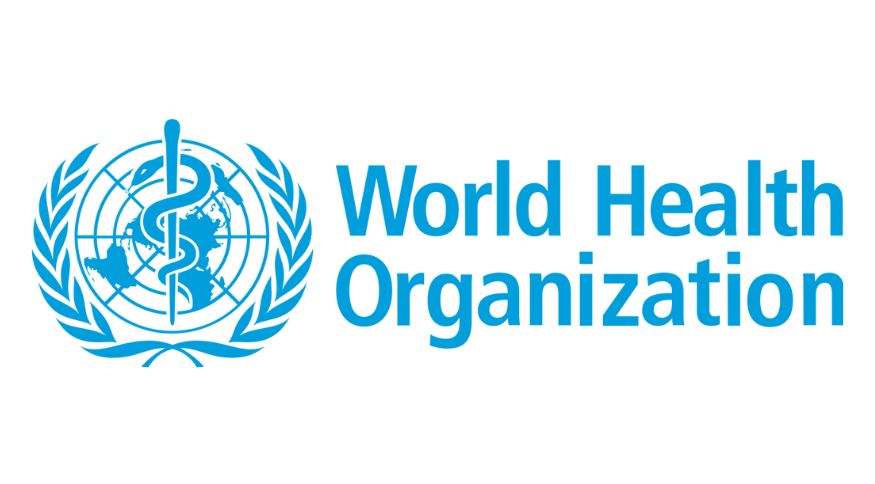
Antidepressants and Your Body: What Blood Tests Reveal About Side Effects
By Dr Lauren Holland | Marylebone Diagnostic Centre, London
Antidepressants are among the most widely prescribed medications in the UK, helping millions manage depression and anxiety.
However, many people experience physical changes or side effects while taking them — from fatigue and weight gain to hormonal or liver changes.
Understanding how your body responds to these medicines is essential.
At Marylebone Diagnostic Centre (MDC), we offer discreet, accurate blood tests that monitor your health while you’re on antidepressant therapy, ensuring treatment stays safe and effective.
Common Side Effects of Antidepressants
Different classes of antidepressants (SSRIs, SNRIs, tricyclics, MAOIs) affect neurotransmitters and metabolism in various ways.
Some of the most frequent side effects include:
- Fatigue and drowsiness
- Nausea or gastrointestinal upset
- Weight gain or loss
- Low libido or hormonal imbalance
- Headaches and dizziness
- Changes in liver enzyme levels
- Altered blood sugar or lipid profile
While mild side effects may settle, persistent symptoms should never be ignored. Regular blood monitoring helps identify the cause early.
Why Blood Tests Matter During Antidepressant Treatment
Antidepressants can influence hormone levels, metabolic pathways, and organ function.
Routine testing at MDC provides reassurance that your medication remains safe for your body.
1. Liver Function Tests (LFTs)
Antidepressants are metabolised by the liver. Elevated ALT or AST enzymes can signal liver strain and require review.
2. Thyroid Profile (TSH, FT4)
Thyroid imbalance can mimic depression or worsen symptoms. Monitoring ensures that fatigue or mood changes aren’t thyroid related.
3. Hormone Profile (Oestrogen, Testosterone, Cortisol)
Long-term use may subtly affect sex hormones and stress regulation — particularly in men and women experiencing libido or energy changes.
4. Vitamin D & B12 Levels
Deficiencies can cause low mood, tiredness, and “brain fog”. Restoring optimal levels enhances mental-health recovery.
5. Lipid & Glucose Profile
Some antidepressants alter metabolism, leading to cholesterol or blood-sugar changes. Regular checks help prevent long-term complications.
How MDC Monitors Your Wellbeing
At Marylebone Diagnostic Centre, we combine laboratory precision with clinical guidance:
- Comprehensive blood panels designed for patients on antidepressants.
- Results within 24 – 42 hours.
- On-site consultation to interpret findings.
- QC-validated testing meeting the Marylebone High Standard.
- Optional follow-up to adjust medication in coordination with your doctor.
The Link Between Physical and Mental Health
Your mental wellbeing depends on physical balance.
Liver overload, nutrient deficiency, or hormonal fluctuation can all intensify depression symptoms.
Testing provides an early warning system – turning guesswork into clear, actionable insight.
Who Should Get Tested?
- Anyone starting or changing antidepressant medication.
- Patients on treatment longer than six months.
- Those with persistent fatigue, weight changes, or libido issues.
- Individuals combining antidepressants with other long-term medications.
Why Choose Marylebone Diagnostic Centre
- Fast 24 – 42-hour results
- Private suites & discreet appointments
- Consultant review and result explanation
- QC quality assurance under Marylebone High Standard
- CQC-accredited facility in central London
FAQs
Take Control of Your Health Today
If you’re taking antidepressants, give your body the same attention as your mind.
Book your Antidepressant Health & Hormone Monitoring Profile at MDC for peace of mind and clinical precision.
73 Baker Street, London W1U 6RD
+44 7495 970109
Monday–Saturday | 08:00–16:00
5-minute walk from Baker Street tube
Results within 24–42 hours | QC validated | Tested to the Marylebone High Standard



















